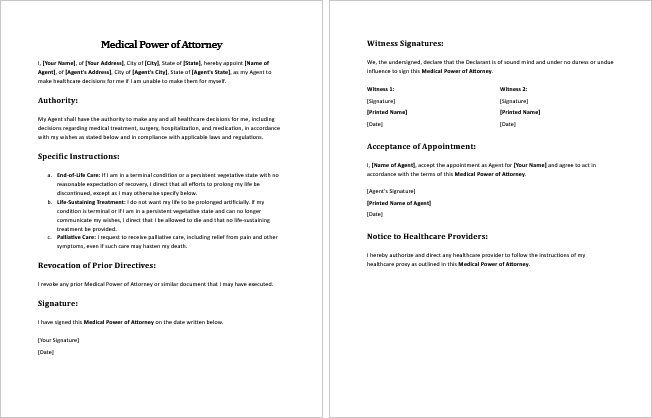At Living Will Junction, find free, customizable living will templates to suit your needs. Our templates offer a clear framework for outlining your healthcare wishes, even if you cannot communicate them. With a cover page option for a professional touch, you can create a simple or detailed living will that reflects your unique circumstances.
Ready to create your free living will? Explore our customizable templates and find the perfect fit for your needs. Take the first step towards ensuring your healthcare wishes are known and respected. Download your free template now and gain peace of mind for the future.


A living will outline your healthcare wishes if you cannot communicate due to illness or injury. Unlike a regular will, it guides decisions while you’re still alive.
Why It’s Important
In times of crisis, a living will remove the burden of tough decisions from your loved ones, ensuring your healthcare preferences are followed. preferences are followed when it matters most. It’s your voice when you can’t speak for yourself.
← Previous Article
20+ Free Power of Attorney Templates for Legal UseNext Article →